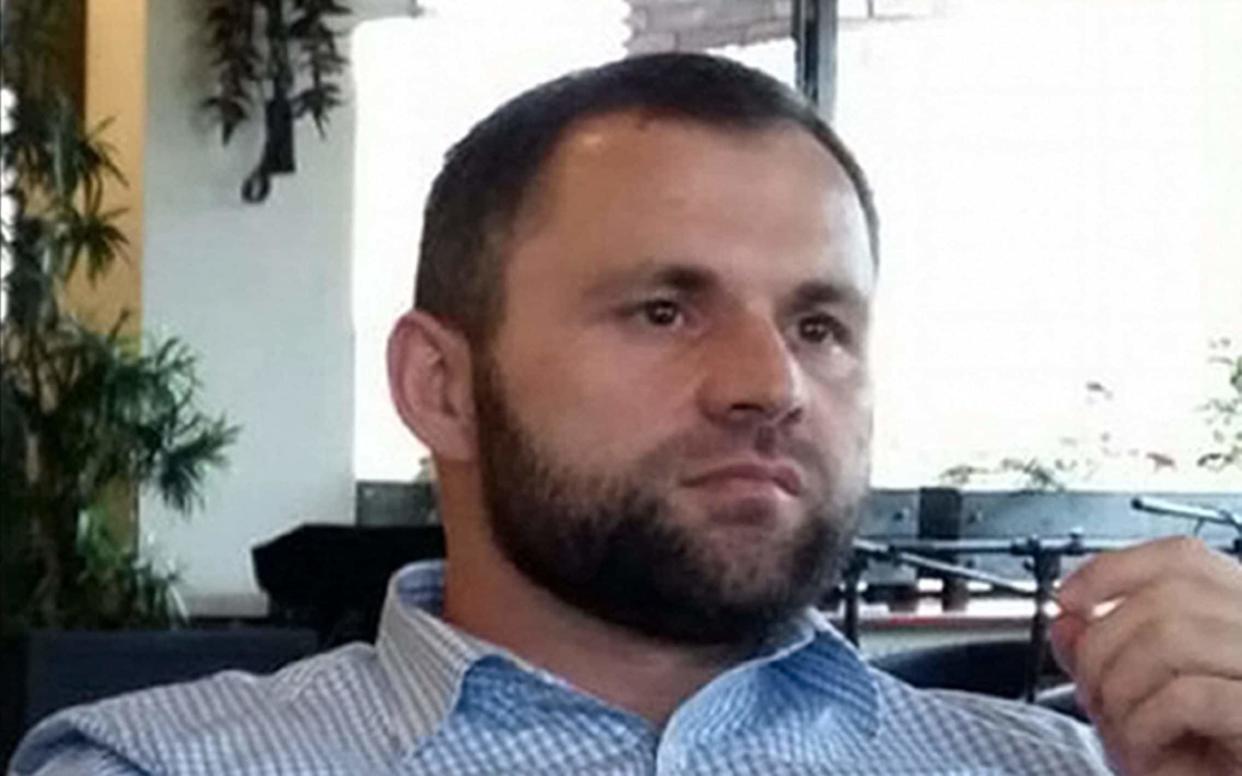Germany suspects killing of Vladimir Putin opponent in Berlin was 'Skripal-style Russian assassination'

Germany is reportedly to open a formal investigation into suspicions Russia was behind the killing of a man in central Berlin earlier this year.
In what has been called a “second Skripal case”, prosecutors are said to believe Moscow ordered the assassination of Zelimkhan Khangoshvili in August.
German authorities have yet to publicly comment, but according to local press reports they are convinced a Russian national held over the killing was acting on behalf of the Kremlin.
The case is reportedly set to be transferred from Berlin to federal prosecutors who are responsible for crimes involving espionage and national security.
“We have evidence that a foreign intelligence agency was behind it and therefore the case is going to be taken over by the federal prosecutor this week,” the Reuters news agency quoted an unnamed security source as saying.
The development looks certain to worsen already strained relations between Russia and the West.
Khangoshvili, a 40-year-old Georgian who fought against Russia in Chechnya and had links with Georgian intelligence, was shot dead from behind by a cyclist in broad daylight in Berlin’s Kleiner Tiergarten park in August.
The suspected killer escaped but was captured by police attempting to dispose of a gun believed to be the murder weapon in the nearby river Spree.
The arrested man, who has reportedly denied responsibility and refused to cooperate with police, entered Germany on a Russian passport that identified him as Vadim Sokolov.
According to German news reports, prosecutors now believe that is a false identity. Spiegel magazine on Tuesday claimed that federal proseuctors agreed to take over the case after forensics experts identified the suspected killer as Vadim Krasikov, a Russian national previously wanted for the murder of a businessman in Moscow in 2013.

Russia issued an Interpol international arrest warrant for Mr Krasikov in 2014, but withdrew it a year later without explanation.
A joint investigation by Spiegel and the Bellingcat website claims to have uncovered evidence that the identity of Vadim Sokolov was created at around the same time.
It claims that Mr Krasikov’s criminal file and almost all records of him were removed from Russian databases in 2015, at the same time a passport was first issued in the name of Sokolov.
There are parallels between the 2013 murder of Albert Nazranov in Moscow and the Berlin killing. In both cases the killer approached his victim from behind on a bicycle.
Khangoshvili, an ethnic Chechen from Georgia’s Pankisi Gorge region, fought against Russia in the Second Chechen War and served with Georgian forces in South Ossetia.
After surviving an earlier assassination attempt in the Georgian capital, Tbilisi, in 2015, he fled to Ukraine where he is believed to have worked closely with the authorities against Russian interests.
He applied for asylum in Germany in 2017, claiming his life was in danger. His initial application was rejected but he appealed and the case was unresolved at the time of his death.
He was investigated by German authorities as an Islamist but determined not to be a threat.

